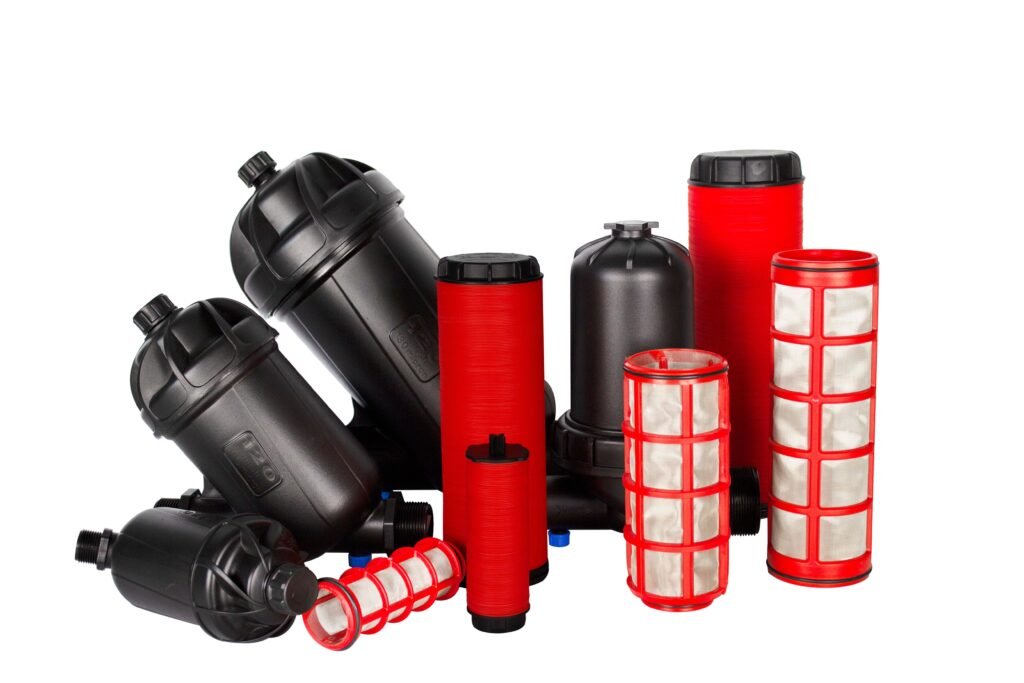Irrigation systems are essential for proper plant growth and development, and they are used in many different applications. One of the most important components of an irrigation system is the filter. Filters help to remove dirt, debris, and other particles from the water before it is delivered to the plants. Filters can be installed in two different ways: inline or offline. We will discuss the differences between inline and offline filters and the advantages of each.
Inline Filters
Inline filters are installed directly into the irrigation system, usually between the pump and the main line. These filters are designed to remove particles from the water as it flows through the system. Inline filters can be made from a variety of materials, including plastic, metal, and ceramic. They are typically designed to be low-maintenance and easy to clean.
One of the main advantages of inline filters is that they are very effective at removing particles from the water. Because they are installed directly into the system, they can capture particles before they reach the plants. This can help to prevent clogging and other problems that can occur when particles are allowed to accumulate in the system.
Another advantage of inline filters is that they are easy to install. They can be easily integrated into the existing irrigation system without the need for major modifications. This makes them a cost-effective option for many growers.
Offline Filters
Offline filters, also known as side-stream filters, are installed outside of the main irrigation system. These filters are typically installed on a bypass line that diverts a portion of the water from the main line to the filter. The filtered water is then returned to the main line and delivered to the plants.
One of the advantages of offline filters is that they can be more effective at removing particles from the water than inline filters. Because the water is diverted to the filter, it has more time to pass through the filter media, allowing for more thorough filtration. This can be especially important in situations where the water contains a high concentration of particles.
Another advantage of offline filters is that they are typically larger than inline filters, which means they can handle a larger volume of water. This can be important in situations where large volumes of water need to be filtered, such as in commercial irrigation systems.
Filters are an essential component of any irrigation system. They help to remove particles from the water before it is delivered to the plants, which can help to prevent clogging and other problems. Inline filters are installed directly into the irrigation system, while offline filters are installed outside of the system on a bypass line. Each type of filter has its own advantages, and growers should choose the type of filter that best meets their needs.



